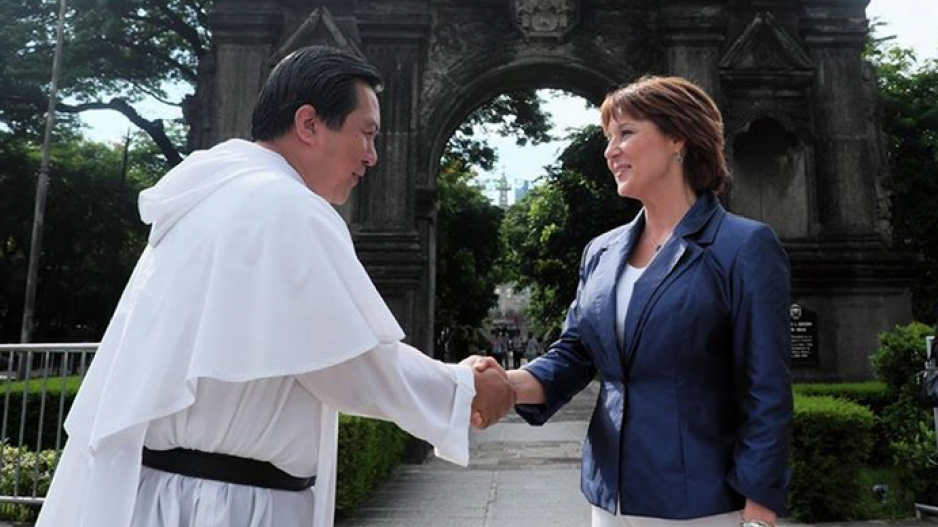The new trade and investment office was announced May 27 during a stop in Manila by delegates travelling with Premier Christy Clark’s Asian trade mission.
B.C. business delegates travelling with the premier’s trade mission were in Seoul, South Korea, and Manila and will be in Tokyo this weekend.
Compared with China, Japan and South Korea, the Philippines is a blip on B.C.'s trade radar screen. It doesn’t even make BC Stats’ top 10 list of trade partners.
The B.C. government is hoping to change that because, in recent years, the Philippines has emerged as the newest of Asian tigers.
With a population of 100 million, an economy in transition from agriculture to industry and an annual economic growth rate of between 6% and 7%, the Philippines is currently the fastest growing economy in Asia right now.
The fact English is an official language in the Philippines is one advantage that should make doing business there a bit easier than in some other Asian countries.
While in Manila, a number of B.C. companies announced contracts and partnerships with Filipino companies. Vancouver’s Incognito Software, for example, is setting up an operations office in Manila.
Pharma Canada Inc., meanwhile, signed a memorandum of understanding with Manila’s Hi-Precision Diagnostics Inc. that will allow it to distribute Pharma Canada’s Clearcyte, a lung cancer screening tool.
One wild card in B.C.’s attempts to improve trade relations with the Philippines is the country’s new president, Rodrigo Duterte, who has been called the Donald Trump of Asia for his blunt, politically incorrect talk and his fuzzy economic policies.
Duterte ran on a tough-on-crime campaign, promising wholesale executions of drug traffickers and other assorted criminals, and there have been some questions about whether he would continue his predecessor’s robust economic policies.
Duterte’s promise to be tough on crime may actually go some way to allay fears that Canadian resource company employees could be at risk, following the beheading last month of John Ridsdel by Abu Sayyaf, an Islamist insurgency operating in two islands in the southwest.
Ridsdel had been working in the Philippines for a mining company when he was kidnapped and murdered.
Duterte has recently clarified his economic policies, and has vowed to continue to invest in infrastructure and improve foreign investment policies.
As the China experience has shown, investment in infrastructure can be good for B.C. commodities like lumber, metallurgical coal (used to make steel) and copper.
As for imports, one of the biggest Philippine exports to B.C. appears to be workers. The Philippines has been an important source of both temporary foreign workers and permanent ones. According to the B.C. government, there are roughly 135,000 Filipinos living and working in B.C.




